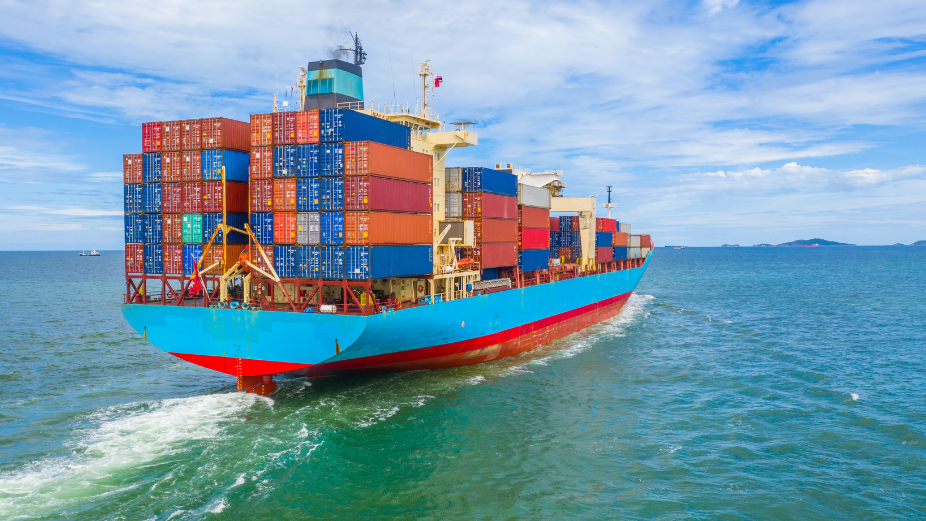
The Maldives has experienced a notable shift in its trade balance during the first half of 2024, with exports declining significantly while imports continue to rise. This trend has raised concerns about the long-term sustainability of the country’s trade dynamics and its impact on the broader economy.
According to the Maldives Monetary Authority’s (MMA) Economic Update for July 2024, total exports in June 2024 decreased by 25% compared to the same period in 2023. This decline was largely driven by a drop in domestic exports, with lower earnings from frozen skipjack tuna and canned or pouched tuna exports being key contributors. Tuna, a staple of the Maldivian economy, has traditionally been one of the country’s most important export products, and the decline in these earnings reflects broader challenges facing the fisheries sector.
In contrast, re-exports, which include items such as jet fuel, saw an increase during the same period. However, this uptick in re-exports was not sufficient to offset the overall decline in total exports, leading to a negative impact on the country’s trade balance.
While exports have been falling, import expenditure has continued to rise, registering a 3% increase in June 2024 compared to June 2023. The increase in imports has been primarily driven by higher expenditure on food items, construction-related materials, and electrical and electronic machinery, equipment, and parts. These imports reflect ongoing development projects and the growing demand for goods to support the country’s infrastructure and economic expansion.
Overall, for the period from January to June 2024, total exports have declined by 9%, while total imports have increased by 6% compared to the corresponding period in 2023. This divergence between declining exports and rising imports has widened the trade deficit, posing challenges for the Maldivian economy.
The growing trade deficit is a cause for concern as it puts pressure on the country’s foreign exchange reserves and can affect the value of the Maldivian Rufiyaa. The Maldives’ dependence on imports, particularly for essential goods and development projects, makes it vulnerable to external economic shocks and fluctuations in global commodity prices.
Analysts suggest that addressing the trade imbalance will require a multi-faceted approach. This includes enhancing the competitiveness of Maldivian exports, particularly in the fisheries sector, which has seen declining revenues. Additionally, diversifying the economy to reduce reliance on imports and promoting value-added industries could help mitigate the impact of the trade deficit.
The government’s role in facilitating trade agreements, improving infrastructure, and supporting local industries will be crucial in reversing the current trend. As the Maldives continues to develop its tourism and construction sectors, balancing these growth drivers with sustainable trade practices will be key to maintaining economic stability.
The Maldives’ trade balance in 2024 reflects a complex interplay of declining exports and rising imports. As the country navigates these economic challenges, strategic efforts to boost exports, manage imports, and safeguard foreign exchange reserves will be essential for ensuring long-term economic resilience.












